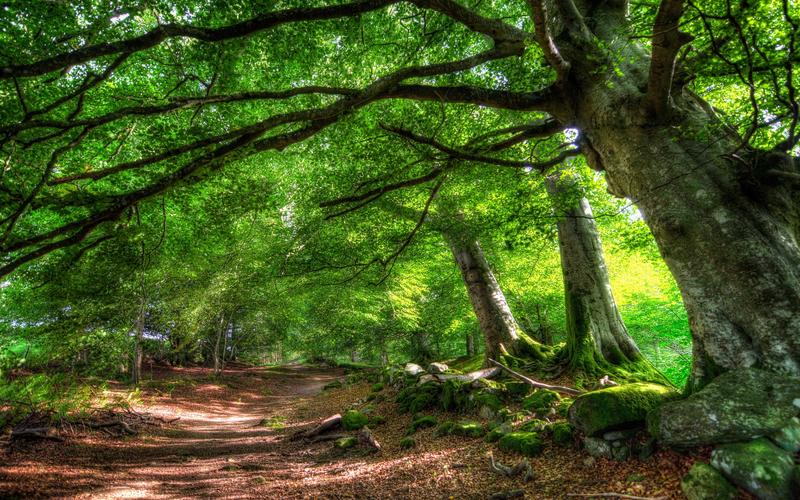Top 10 Facts about Earth Every Person Should Know
Introduction
The Earth is the only planet we have to call home, and yet we still don’t know everything there is to know about it. Though humanity has made great strides in understanding our world in the time we have existed here, there is always more to discover and explore. Here are the top 10 facts about Earth that every person should know.
1. The Earth is 4.54 Billion Years Old
The Earth’s age is estimated at 4.54 billion years, making it the oldest planet in our solar system. This age is determined through radiometric dating of rocks and fossils on Earth, which have been preserved over time to reveal our planet’s history.
2. The Earth Is Mostly Water
Water covers approximately 71% of the Earth’s surface, with the remaining 29% being land. The oceans are by far the largest reservoir of water on Earth, storing approximately 97% of all the water found on the planet.
3. The Earth’s Atmosphere Protects Us
The Earth’s atmosphere is responsible for trapping a portion of the sun’s radiation, protecting us from harmful rays that would otherwise be fatal. It also plays a key role in regulating the planet’s temperature and climate.
4. Earth Is Home to Millions of Species
The Earth is teeming with life, with millions of species of plants, animals, and microorganisms making their home here. Each plays a vital role in the planet’s ecosystem, contributing to the balance and stability of our planet.
5. The Earth Has Magnetic Poles
The Earth has two magnetic poles, located near the geographic North and South poles. These poles are created by the planet’s molten core and help protect us from harmful solar winds.
6. Earthquakes Are Common on Earth
Earthquakes are a common occurrence on our planet, caused by tectonic plate movements beneath the Earth’s surface. These movements can cause significant damage to buildings and infrastructure in affected areas.
7. The Earth’s Rotation Causes Day and Night
The Earth’s rotation on its axis causes day and night. One full rotation takes approximately 24 hours, giving us a day-night cycle that is essential for life on Earth.
8. The Earth Is Getting Warmer
The Earth’s temperature has been steadily rising over the past century due to human-driven greenhouse gas emissions. This warming has significant implications for the planet’s ecosystems and the survival of many species.
9. The Earth’s Population Is Growing
The Earth’s population has been steadily increasing over time, with an estimated 7.9 billion people currently calling the planet home. This growth has significant implications for the planet’s resources and sustainability.
10. The Earth Is Vulnerable
Despite its size and resilience, the Earth is vulnerable to natural disasters, climate change, and human influences. It is our responsibility to protect and preserve our planet for future generations.
Conclusion
The Earth is an amazing and complex planet, full of mysteries and wonders that we have yet to fully understand. By learning more about our world, we can better appreciate the beauty and fragility of our home and take steps to protect it for future generations.
(Note: Do you have knowledge or insights to share? Unlock new opportunities and expand your reach by joining our authors team. Click Registration to join us and share your expertise with our readers.)
Speech tips:
Please note that any statements involving politics will not be approved.
